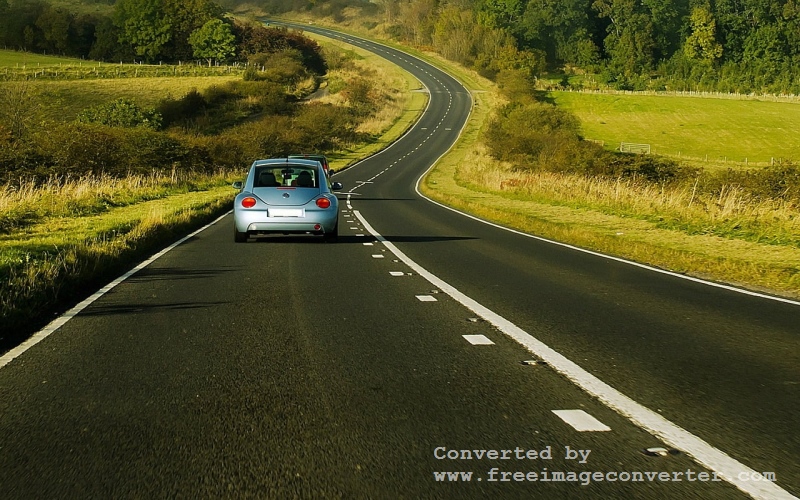Long drives can be an exhilarating experience, offering the opportunity to explore new destinations or simply enjoy the open road. However, when embarking on a journey that spans hours, preparation and awareness are crucial to ensure safety, comfort, and a smooth trip. There are several common pitfalls that drivers often face during long drives, which can lead to fatigue, distractions, or even accidents. In this post, we’ll discuss what to avoid during a long drive to help you stay safe and enjoy the journey to its fullest.
1. Ignoring Vehicle Maintenance
One of the most important things to check before embarking on a long drive is your vehicle’s condition. Ignoring maintenance issues, such as low tire pressure, worn-out brakes, or a low fuel tank, can quickly turn a fun trip into a stressful one. Before setting off, ensure that your car is in optimal condition.
Check the tire pressure, make sure the engine oil is topped up, and inspect your brakes and lights. If you’re unsure, take your car for a quick service check-up to avoid any surprises on the road. A simple tire blowout or engine failure can disrupt your trip and potentially leave you stranded in an unfamiliar area.
2. Overloading Your Vehicle
While it may be tempting to pack everything you think you’ll need, overloading your car can be dangerous. An overloaded vehicle can negatively impact its handling, braking efficiency, and overall stability. Excessive weight can strain your suspension system and cause tire blowouts, especially on long drives where the road conditions may vary.
Try to pack only the essentials and distribute the weight evenly across the car. Keep your cargo secure, and remember that a lighter vehicle is generally safer, particularly for longer trips where you might face unpredictable weather or road conditions.
3. Underestimating Rest Breaks
Long drives often mean long hours behind the wheel, which can lead to driver fatigue. Many drivers make the mistake of thinking they can power through a long journey without stopping, but this can be dangerous. It’s essential to take regular breaks to avoid drowsiness and maintain alertness.
Ideally, you should stop every two hours to stretch, hydrate, and refresh yourself. Take advantage of rest stops to get out of the car, walk around, and avoid driving while fatigued. A well-rested driver is far more capable of reacting quickly and safely to potential hazards.
4. Driving While Distracted
Distracted driving is a major contributor to road accidents, particularly on long journeys. It’s easy to become distracted by adjusting the GPS, fiddling with the radio, or even texting while driving. However, these distractions can significantly divert your attention from the road, increasing the likelihood of a crash. If you need to make adjustments to your GPS or answer a call, it’s best to pull over to a safe location first.
Keep your phone out of reach or activate “Do Not Disturb” mode to eliminate temptation. If you have passengers, ask them to manage navigation or entertainment tasks, allowing you to maintain your focus where it belongs—on the road. If you’re involved in an accident due to distracted driving in Magna, a car crash attorney can help you navigate the legal process and protect your rights.
5. Skipping Hydration and Snacks
Long drives can lead to dehydration and low energy, especially if you’re not stopping for regular breaks. It’s important to keep yourself hydrated by drinking water throughout the journey. Dehydration can cause fatigue, headaches, and diminished concentration, all of which increase the risk of accidents.
In addition to water, pack healthy snacks to maintain energy levels. Avoid overly sugary or salty snacks, as they can make you feel sluggish or dehydrated. Fresh fruit, nuts, and granola bars are great options to keep your energy up while avoiding digestive discomfort.
6. Driving Without Proper Sleep
Many drivers attempt to drive long hours on little sleep, thinking they’ll just “push through.” This can be an extremely dangerous decision. Sleep-deprived drivers have slower reaction times and impaired judgment, making them more likely to cause an accident.
Before hitting the road, ensure you get a good night’s sleep, and if you feel tired during your journey, don’t hesitate to pull over and take a short nap. If necessary, switch drivers to keep everyone fresh and alert. Remember, getting rest is just as important as keeping your car in good condition for a successful long drive.
7. Ignoring Weather Conditions
Another pitfall that many drivers overlook is the weather. Long drives can take you through different climates, and road conditions can change drastically depending on the weather. Heavy rain, snow, fog, or even strong winds can impact visibility and road traction.
Always check the weather forecast before you leave, and keep an eye on conditions throughout the journey. If the weather becomes hazardous, it’s better to pull over and wait until conditions improve. Adjust your driving speed according to road and weather conditions, and avoid rushing to your destination in unsafe conditions.
8. Not Having an Emergency Kit
Emergencies can happen when you least expect them, especially on long trips. Whether it’s a flat tire, a dead battery, or an unexpected detour, it’s always best to be prepared. A well-stocked emergency kit can make all the difference during a crisis.
Your kit should include essentials such as a first aid kit, flashlight, jumper cables, tire repair tools, spare tire, water, non-perishable snacks, and basic medications. Additionally, keep a portable phone charger with you to ensure that you can communicate in case of an emergency.
In Conclusion
Long drives can be a memorable and enjoyable experience, but avoiding these common pitfalls is crucial to ensuring a safe and stress-free journey. By taking the time to prepare your vehicle, maintain your focus, and make smart decisions along the way, you’ll set yourself up for a safer and more enjoyable road trip. Remember, the goal is not just to reach your destination, but to do so in the safest and most relaxed way possible. Safe travels!

